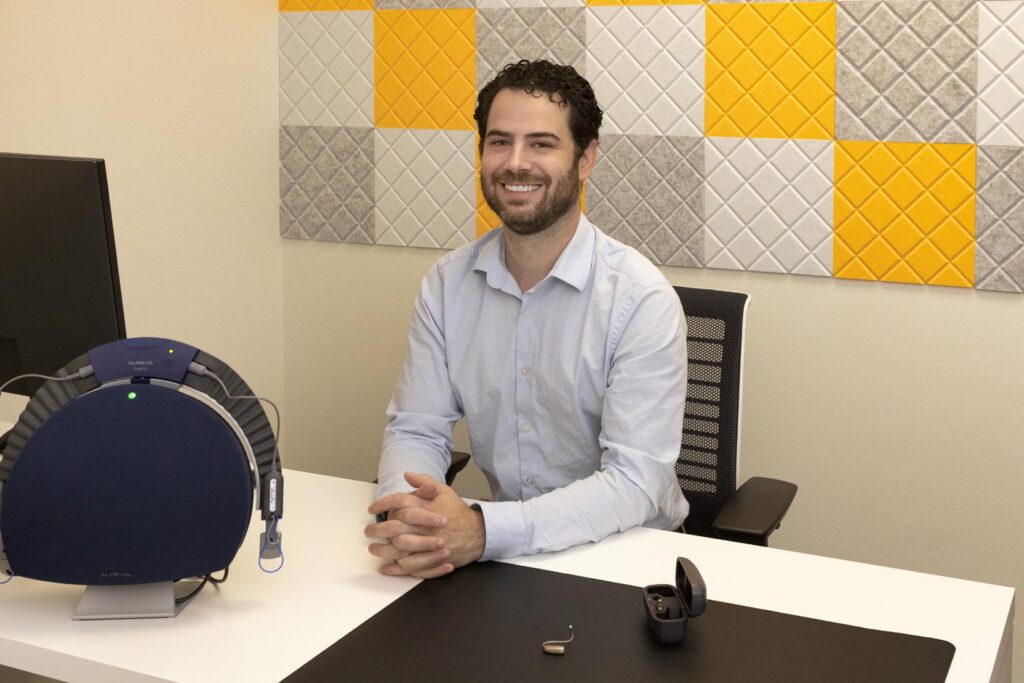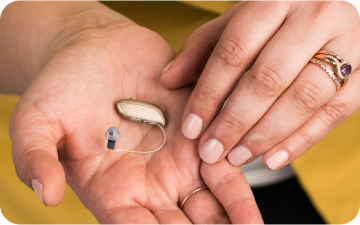
One of the most common inside jokes of audiology is that people don’t really know what it is. When we identify ourselves as audiologists people say “what?” because they either don’t know what an audiologist is, or because they’re joking that they couldn’t hear us. It may be due to a lack of relevance to most peoples’ daily lives; hearing loss is an invisible problem, and so most people don’t think of it as a major concern. But to those people who suffer from hearing loss, tinnitus, vertigo, hyperacusis, or any number of other conditions that affect the ears, audiology is a very serious field of scientific study that can yield some significant and helpful results.
Definition of Audiology
A conventional description of audiology might look to the dictionary definition: the scientific field of study concerned with ears and hearing. However, a more pertinent description would define it by its scope of practice.
According to the American Academy of Audiology’s Scope of Practice document, the central focus of the profession is concerned with all auditory impairments and their relationship to disorders of communication. The difference between these descriptions is significant; the scope of practice document includes the effect that a hearing loss may have on a patient as being within our scope. In other words, the specific concerns of the patient and the emotional and social effects that the hearing loss has on the patient are also the audiologist’s concern.
Now obviously that doesn’t mean that audiologists should treat depression or anxiety disorders, but if a hearing problem is preventing a patient from enjoying daily activities or interacting with friends and family it’s our duty to help minimize the impact of the hearing problem and restore enjoyment. People are social creatures after all, and hearing loss is nothing if not a barrier to communication and consequently social activity. So treating a hearing loss without considering the broader impact of the communication issue would really be doing a disservice to our patients.
As It Differs From Hearing Aid Dispensing
Many people confuse audiologists and hearing instrument specialists. This confusion may be in part because of the overlap in scope. While both professions are involved in selecting, fitting, adjusting, and troubleshooting hearing aids, there are clear differences in training and ability between them.
Hearing instrument specialists may have extensive knowledge about hearing aids, but they are not typically concerned with etiology (the cause of the hearing loss), prognosis (whether or not the hearing loss is expected to worsen), or the broader effects that a communication problem can have on a patient socially and emotionally. Audiologists receive extensive training to include etiology, prognosis, and the broader effects of the hearing loss in their assessment and treatment of the patient.
At Link Audiology, we take pride in knowing our scope of practice and providing the best services within that scope. We recognize when a patient needs services that fall outside our scope of practice and we are constantly building our referral network to help our patients receive those services from qualified professionals.

